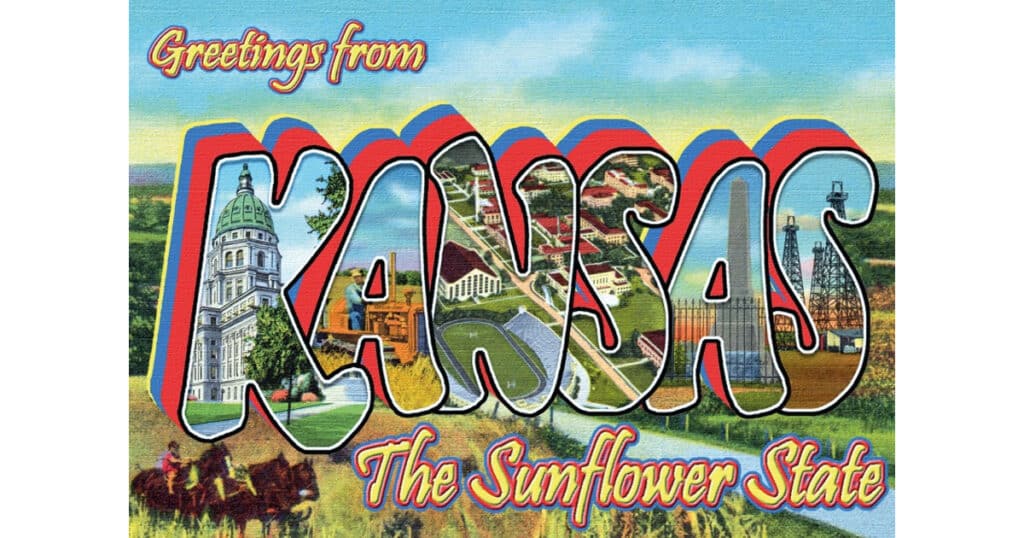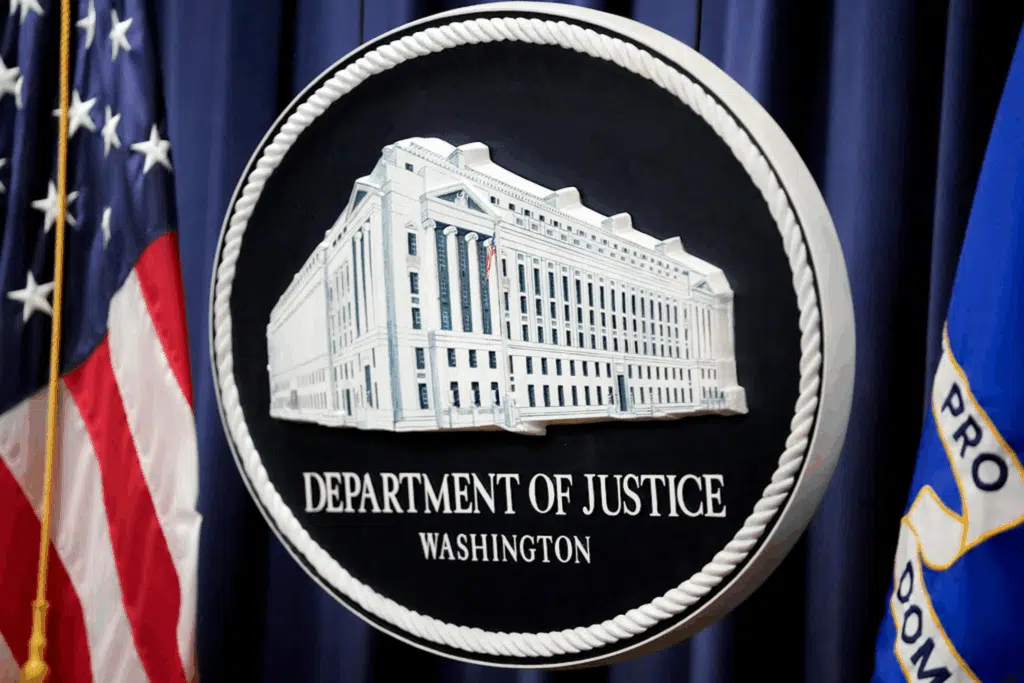
Petty Politics Prevented $1.4 Billion in Tax Relief in Kansas
Virtually every effort to provide state tax relief over the last ten years was met with the ‘Don’t Be Like Kansas’ mantra from special interests. They’d claim tax cuts would produce budget deficits like Kansas experienced under Governor Sam Brownback. It wasn’t the concept of cutting taxes that produced deficits; states like North Carolina, Tennessee, and Indiana successfully provided tax relief while Kansas struggled. The problems that Kansas experienced were largely self-inflicted.
Everyone knew that the tax bill signed in 2012 would create deficits within two years without relatively minor spending reductions. Ample opportunities to avoid deficits by operating a bit more efficiently were ignored by Governor Brownback, Democrats, and some Republicans. Instead, they increased spending. (Yes, you read that right; spending was slashed, as some would have you believe.) That’s not the only thing that went wrong – the whole sordid tale is laid bare in What Was Really the Matter with the Kansas Tax Plan – but implementation failures and a torrent of false claims seemed to doom tax relief in the Sunflower State forever.
Until this year. Senate Bill 169 would have provided $1.4 billion in relief over the first three years, and this plan was easily sustainable. Legislative Research predicts $3.3 billion in surpluses between the General Fund and the rainy day fund after four years of tax relief, and that’s after allowing for a $1 billion spending increase, unnecessary though it is. Tax-and-spend Democratic Governor Laura Kelly predictably vetoed the bill. It passed the House with a veto-proof majority that included about ten Democrats, so it’s likely that her veto would have been overridden but for petty politics on the part of three Republicans in the Senate.
The initial override attempt fell one vote short, with Senator Dennis Pyle siding with Governor Kelly in his continuous feud with Senate leadership. (Some have argued that Pyle is also the reason that Governor Kelly was re-elected; he was angry at Senate President Ty Masterson and the Republican Party, so he ran as an Independent and pulled essentially the same number of votes that accounted for the final margin between Kelly and the GOP nominee Derek Schmidt.)
Another vote was held after Senator Carolyn McGinn changed her mind, saying the state’s rainy day fund balance sufficiently allayed her concern about the plan being sustainable. McGinn’s vote would have overridden the veto, but more pettiness killed the bill for good.
Senator Rob Olson had voted three times in favor of the bill before voting against a motion to allow another vote and effectively kill the bill, and like Pyle, insiders say he did it out of spite for Masterson. Senators Pyle and Olson are very good friends. When Pyle left the Republican Party to run for governor as an Independent, Masterson removed him from his committee assignments and would no longer allow him to caucus with Republicans. Legislative insiders say that didn’t sit well with Olson, and it appears that a plan was hatched to exact revenge.
(This is the second time Olson flipped to kill a bill. In 2021, he flipped to kill an education savings account bill that had already passed the House. Olson then was angry that Masterson hadn’t been harsher on Senator Gene Suellentrop when he was arrested for drunk driving. Suellentrop was a big supporter of the school choice bill, so killing the bill hurt both senators. In both that 2021 instance and this, Olson previously supported the policy, told no one of his change of heart, and killed a bill at exactly the moment it would cause the most disruption.)
Pyle and Olson voted for the original version of SB 169 on February 23, which had a flat tax that was much more expensive than the amended version that ultimately failed. They both then voted for the amended version from the House on April 6. After the veto, Pyle voted against the first override attempt on April 26, while Olson voted for the override – his third straight vote in favor of tax relief.
Olson voted against the motion to reconsider on April 27 (a parliamentary technicality that allows another vote on the underlying bill), which offset McGinn’s switch that would have paved the way to override Kelly’s veto of SB 169. Senator Alicia Straub, another good friend of Pyle and Olson, then voted Present to have the motion to reconsider be two votes short and effectively kill the bill. Some lobbyists were getting close to having a Democrat vote to override, and they believe Straub changed her vote (after having voted for the bill three times) to ensure the bill failed. Insiders believe Pyle, Olson, and Straub may have had this planned from the beginning, but Straub tells the Sentinel she wasn’t working with Pyle and Olson and that she voted to disallow another vote because she “doesn’t owe McGinn any grace.” Asked again why she wouldn’t allow a vote knowing that would effectively kill the bill, Straub said she was also upset with Senate leadership for allowing the motion to reconsider and wonders what Senate leadership promised McGinn to get her vote.
Tax relief components
SB 169 would have provided relief on individual income tax ($881 million), food sales tax ($228 million), property tax ($130 million), and corporate income tax ($115 million). It was structured to ensure that all taxpayers got an income tax reduction. Retirees with federal adjusted gross income between $75,000 and $100,000 would get an extra break by exempting a portion of their Social Security income from taxation.
SB 169 provides three types of income tax relief for individuals, the largest of which is a flat income tax rate of 5.15%. Currently, the first $15k single/$30k married taxable income is taxed at 3.1%. That bracket and the top bracket (5.7% on income above $30k single/$60k married) are eliminated, and all taxable income above $6,150 single/ $12,300 married will be taxed at 5.15%. The standard deduction for single and married filers will also be increased for inflation starting next year.
Additionally, the exemption for Social Security income is expanded. Social Security is currently exempt for those with $75,000 or less of federal adjusted gross income (FAGI), but it is fully taxed if FAGI is $75,001 or more. Beginning this tax year, SB 169 provides a partial exemption to people with incomes between $75,000 and $100,000.
Finally, an additional $20,000 of appraised home value would be exempt from a school property tax.
It’s a shame that low- and middle-income people have to pay hundreds of dollars more in taxes because of Governor Kelly and the pettiness of some legislators. Still, the majority of legislators have moved beyond the mistakes made in the past. They were able to craft a sustainable compromise bill that helps everyone, and that is no small feat.
To borrow a line from Sheryl Crow, every day is a winding road, and you get a little closer to feeling fine. Kansas got a little closer to substantive tax relief, and with more hard work in the interim, we can be feeling fine this time next year.
Dave Trabert is Chief Executive Officer of Kansas Policy Institute.
This article was originally published by RealClearPolicy and made available via RealClearWire.



